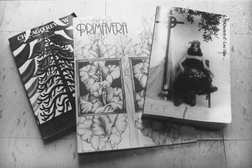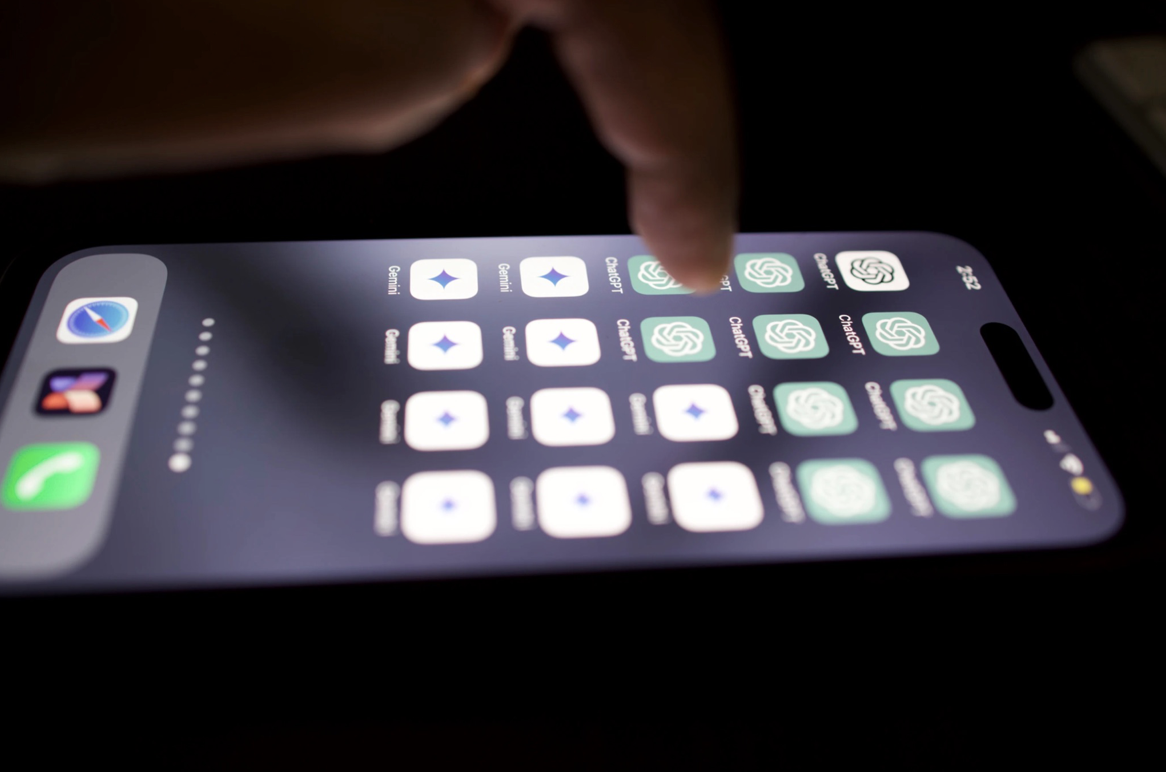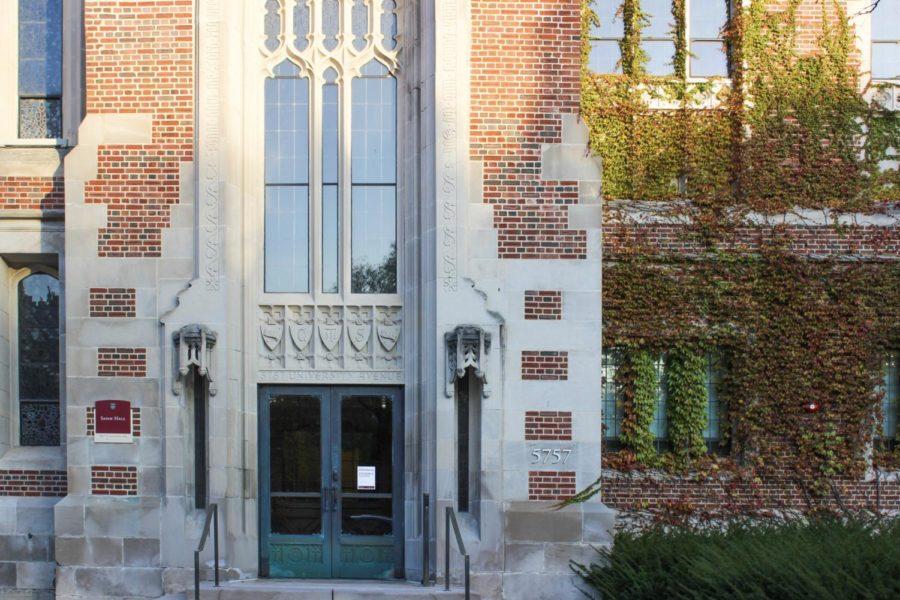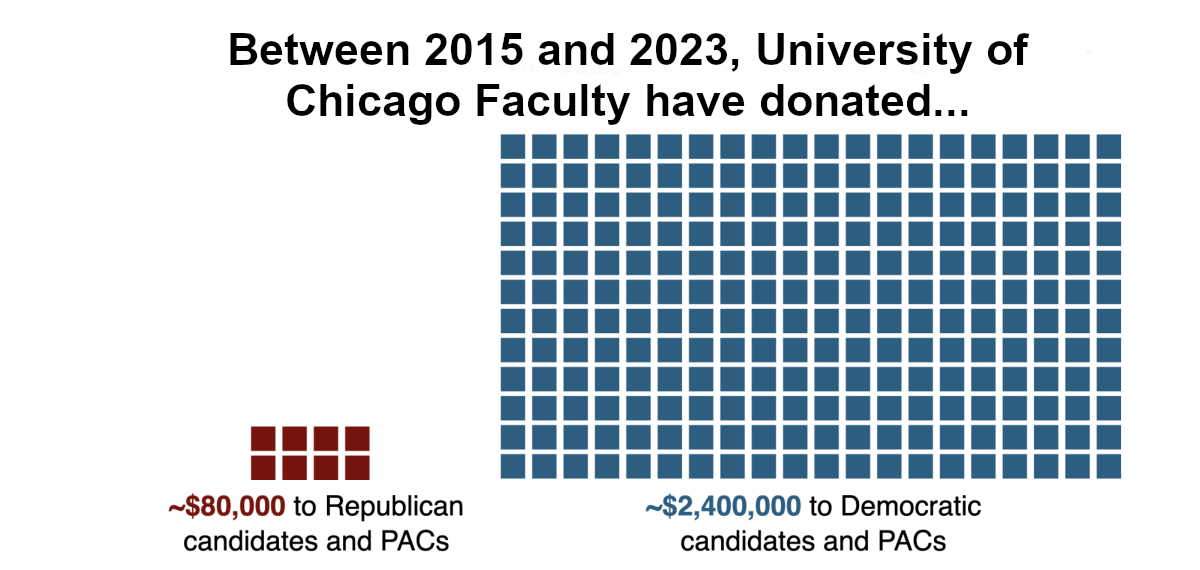Seven years after the editor-in-chief of TheMaroonwas forced to resign over his communist sympathies, a controversy that Grey City examined in the first part of this series, another University of Chicago student publication emerged in the national spotlight over censorship. This time, the publication in question was Chicago Review, a literary journal with a smaller presence on campus. Unlike TheMaroon, Reviewhas relied on University funding to operate after the poor decisions of Chip Karmatz, editor-in-chief between 1953 and 1955, drove it into debt. Reviewhas since been overseen by a board of faculty advisors that audits its finances.
In spite of its low profile at the University, people outside Hyde Park were paying attention to Review. The 1950s were coming to a close, and while much of America was overtaken by concern for the perverting influence of what it deemed smut, intellectual culture was beginning to celebrate art that pushed the boundaries of good taste. Under the leadership of its editor-in-chief, graduate student Irving Rosenthal, Reviewhad just established a reputation in national literary circles as a platform for the avant-garde literature being produced by the cohort of writers popularly known as the Beats: people like Allen Ginsberg, Jack Kerouac, and William S. Burroughs. Reviewwas one of the few magazines that would publish their work. Besides the idiosyncratic syntax and convoluted structure, most Beat poetry and prose was littered with obscenity: lines like “Akron Lehman the Hart Crane Hero of Drunken Records came full in her cunt spoffing & overflowing white enlightened seminal savior juice out of his canal-hole into her hungry river bed that made the old nannies gab and kiss that,” from Jack Kerouac’s Old Angel Midnight.
Rosenthal believed in the brilliance of Beat writing and the literary merit of its unflinching approach to controversial themes. In response to a Revieweditor who expressed reservations about publishing the Beats, he wrote, “Maybe we can get together and discuss the SF writing because I gather you see only vice there, and I think there's a lot of virtue, aesthetic and moral.”
He was particularly enthralled by Burroughs’s Naked Lunch, excerpts of which were first published in Review. Burroughs’s prose was sprinkled liberally with profanity, rendered graphic portraits of sex, and included an unapologetic depiction of homosexuality and violence. Naked Lunchlikely violated the U.S. Postal Service’s obscenity laws, but, for the most part, Review’s audience of literary enthusiasts weren’t offended enough to complain.
Then Jack Mabley of the Chicago Daily Newswrote a column condemning Review’s autumn issue as “printed filth.” Mabley’s column was popular with Daily News readers, enough that he was printed on the front page. Suddenly, the entire readership of the Daily Newswas concerned with the moral degradation being perpetrated by Reviewand the Beat writers it championed. Mabley wrote, “[I]f anyone used these words orally in public, in a park, on a public street he would be arrested. If the obscenity in the magazine were read in a public performance as a literary presentation, the performers would be arrested and charged with indecency, in my opinion. Yet, in print, stamped ‘This is literary,’ they get away with it….”
The public response to Mabley’s editorial worried Chancellor Lawrence Kimpton. Kimpton was the successor to Robert Maynard Hutchins, who was still regarded as something of a legend by the student body. Kimpton could only be a disappointment in comparison to Hutchins, and was thus mistrusted by many students. Kimpton had also inherited the University’s shaky finances; the University had only begun operating without a deficit in 1954.
For Kimpton, the most concerning element of the controversy was the response from University donors and trustees, especially Catholic trustees who were sensitive to complaints from the Church. The reaction of the Catholic Church was important to Kimpton for another reason too: City Council’s approval of the University’s new urban renewal plan, which would transform the Hyde Park–Kenwood area, depended on the swing votes of several Catholic aldermen.
Kimpton told the faculty advisers of Reviewthat the winter issue had to be completely inoffensive and could contain none of the same writers. In fact, according to Rosenthal’s recollection, Dean of the Humanities Division Napier Wilt told him it could contain “nothing which would offend a 16-year-old girl.” He argued that publishing too much Beat material excluded other schools of literature to Review’s detriment, an argument that Revieweditors did not find convincing. Kimpton told a student government committee that he had taken action to suppress the planned winter issue because it was “impossible and intolerable to run an indefinite number of issues devoted to one thing.”
Manuscripts intended for the winter issue (more Burroughs and Kerouac) began mysteriously vanishing from the printers and reappearing after having been looked over by the comptroller’s office. Rosenthal appealed to the faculty board and the dean of humanities without success. If the winter issue went ahead as planned, Review would be shut down.
Kimpton had one more demand as his plans to restrain the contents of the winter issue moved ahead: Rosenthal needed to be replaced. The faculty board, charged with carrying out his instructions, asked potential candidates about their opinion of Beat writers, searching for an editor-in-chief with less controversial taste. Finally, they found a staff member, the relatively inexperienced editor Hyung Woong Pak, willing to comply with their demand that the Beats be barred from Review. Meanwhile, each day Wilt relayed to Rosenthal more and more demands from the administration, culminating in the instruction that each manuscript be approved by Wilt before being sent to press, a practice that would continue for Review’s future issues. Rosenthal and his circle of devoted editors stepped down, taking the winter issue manuscripts with them.
The former Revieweditors ended up starting their own magazine, Big Table, and published the blacklisted works. The exposure from the censorship scandal attracted more readers to Big Table, and ended up landing Burroughs his publishing contract for Naked Lunch. Their struggles to publish what was commonly seen as obscene material reflect the continuing concern in American society over the encroaching moral turpitude of profane literature—a concern that frequently resulted in censorship.
According to professor Ada Palmer, who studies censorship and the history of information control, obscenity is by far the most common motivation for censorship in everyday life—incidents such as books being pulled from library shelves or banned from schools due to profanity, sexual depictions, or LGBTQ–friendly content. Most academic institutions tend not to be concerned about obscenity, since it’s generally accepted that people in a university space are mature enough to be consuming obscene material, and it’s assumed that material is being presented for its artistic value. However, because of their frequency, challenges to free expression on the charge of obscenity end up determining much of the case law on free speech.
“Even for somebody who isn’t interested in obscene material at all either recreationally or academically, it’s important to know what’s happening in obscenity case law,” Palmer says. “That’s setting the precedent that will then apply to political speech, that will apply to depictions of same-sex couples, trans material—all of these things are now being governed by obscenity-derived precedent.”
As an example of this precedent, Palmer noted one of the pieces from the exhibit on censorship she curated for the Neubauer Collegium. Palmer ordered a copy of Demon Beast Invasion: The Fallen, Volume IIfrom First Aid Comics. Demon Beastcontains graphic depictions of sex and violence; it was the subject of an early 2000s Texas obscenity trial after the clerk selling it was arrested, a case that illustrates one of the most common forms of information control in contemporary America. Palmer says that when buying the book she was struck both by how unworried the University of Chicago librarians were about displaying it, trusting in the academic merit of the exhibit to justify its presence, and how aware the First Aid Comics staff who sold the book to her were of their vulnerability to lawsuits.
“They had it behind the desk sealed in plastic with a piece of paper taped over the cover so you couldn’t even see the cover, very carefully making it absolutely clear so that no one could possibly walk into the store and make the claim that this was in some way accessible to children,” Palmer says. “For many people in America, censorship is a very abstract and distant battle. There are very few occupations in which you’re instead conscious that you’re in the battleground, and comic book[s] are one of them, pornography and pornographic film is one of them.”
Palmer says that in our current political moment, college campuses are the focus of another kind of free speech debate.
“Right now, university campuses are another [battleground] because there’s so much attention and anxiety, and [because] there are op-eds about this every week—about the efforts the universities are making to try to balance inclusivity and speech policies that protect inclusivity with freedom of study and policies that are going to protect free expression and free inquiry.”
Palmer identified two essentially different sources of the current panic over how to regulate speech on college campuses. One is the role of social media in changing the way we communicate, opening new and unmediated paths for information flow. According to Palmer, the concern over social media is the natural result of social norms scrambling to catch up to a technological transformation that displaces previous modes of communication.
“Every time one of these displacements happens, everyone is anxious, because now people’s political ideas are reshaped in a new way and the systems that were in place to make that move in some kind of predictable, monitorable manner aren’t there,” Palmer says. The radical availability of information can give rise to a similar kind of panic over moral corruption that led to censorship of Review in 1958.
Palmer identified the second source of tension in the free debate manifests in public discourse on subjects such as cultural appropriation and student protests of speakers with radical political views. Palmer contends that these conflicts are a response to the increasing presence of students from marginalized groups on campus. Universities are being pushed to adjust their attitudes and behaviors in order to meet the needs of these students, whose unique vulnerabilities compel universities to reevaluate positions they had never previously needed to question.
“It’s another one of these cases where the fruits of victory [of the civil rights movement] have created a new challenge,” Palmer says. “How to create a campus where groups who have been marginalized…can have a safe environment and be distracted as little as possible from studying is one of the new challenges that the concerns over politically correct speech and the calls for speech codes and safe spaces are really focusing on: how you make this community be a space that those people can feel safe.”
The University’s response to these challenges have been statements like the Chicago Principles, which articulate the University’s commitment to free expression. The Chicago Principles, which were produced by a 2014 commission chaired by law professor Geoffrey Stone, function as a declaration of values. They establish the ideal of open discourse, specifically rooted in the University’s history, that is meant to guide the administrators who will end up needing to resolve conflicts centered on free speech issues.
According to Palmer, documents like the Chicago Principles fall short because they are totally abstract. Without examples, any general statement can’t fully capture the nuances of the discussion surrounding free speech issues. While such manifestos may be useful theoretical frameworks, they don’t provide much guidance to policy-makers trying to address free speech controversies on campus. Open and respectful dialogue on sensitive subjects, in addition to increasing the supportive infrastructure available to marginalized communities, can help dissolve the tensions between free expression and inclusivity without establishing policies that could be used for purposes their makers didn’t intend.
“No policy that can restrict speech has ever not been exploited. And anything we make will be repurposed at a different point in time by people with different motives from our own,” Palmer said. “It might create far more toxic problems later when the power that that policy creates is in the hands of somebody that you can’t predict who it’s going to be, and you can’t predict how that policy’s going to be used…. Any tool we make that can censor speech will someday be in hands that aren’t ours.”









